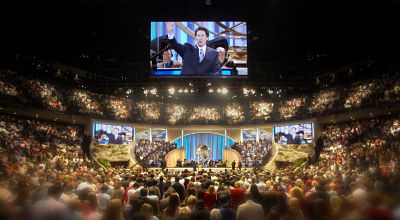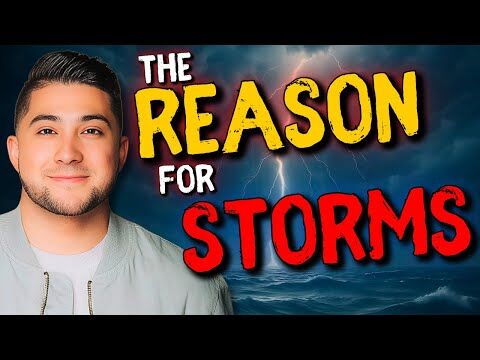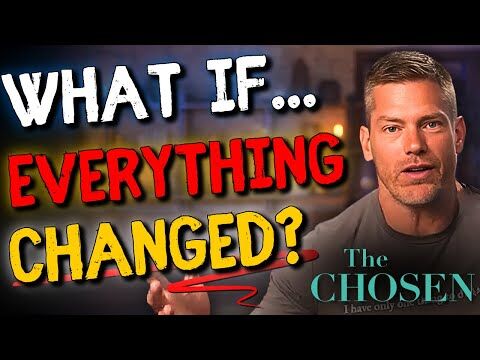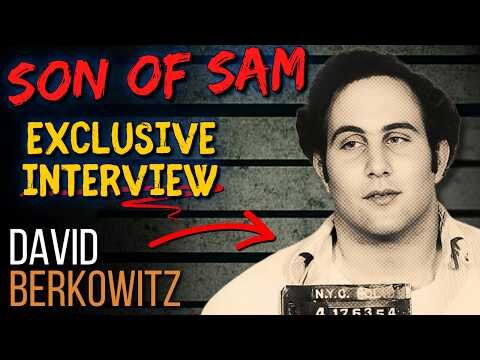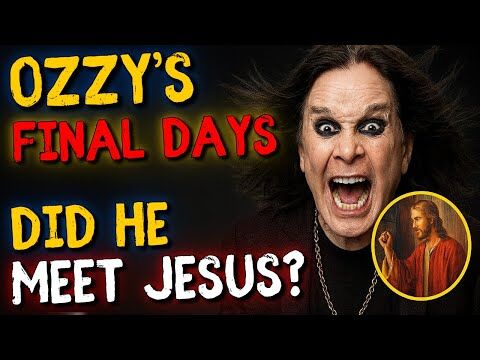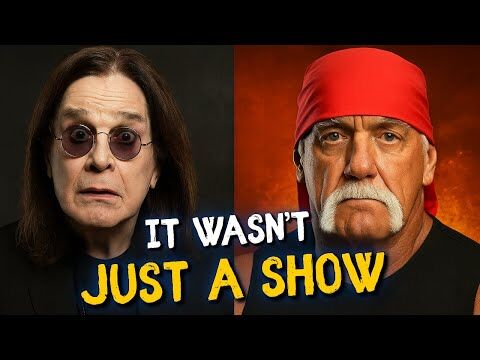Do you think homosexuality is a sin? Americans are split on the question—and many do not appreciate if a church teaches that homosexuality is sinful. So says a recent LifeWay Research survey.
Forty-four percent believe homosexuality is a sin and 43 percent say it is not. Thirteen percent are not sure.
Being a born-again, evangelical or fundamentalist Christian often corresponds with a negative view of homosexuality. Among those groups, 82 percent say homosexual behavior is a sin while 14 percent say it is not a sin. In contrast, 29 percent of all other religious groups say it is sinful and 51 percent say it is not.
Men and Americans without a college degree are more likely to say homosexuality is sinful. Forty-seven percent of men say it is a sin, but only 40 percent of women. And, 49 percent of those without a college degree say homosexual behavior is a sin, compared with 35 percent who have a college degree.
“When asking questions like this to a general sampling of the population, it is important to note that people’s definition of ‘sin’ may differ based upon their religious background and beliefs. We intentionally used the word, but also know it means different things to different people,” said Scott McConnell, director of LifeWay Research. McConnell noted that in 2011, Gallup’s annual Values and Beliefs poll approached the question of homosexuality asking if it was “morally acceptable.”
“While we find 44 percent believe homosexuality is a ‘sin,’ Gallup reports 56 percent of Americans consider gay and lesbian relations morally acceptable,” McConnell said.
Respondents were also asked the question: “If you were considering visiting or joining a church, would knowing that the church taught that homosexual behavior was sinful impact your decision positively or negatively or have no impact?” Only 26 percent of Americans say it would have a positive impact, while thirty-six percent say it would have a negative impact. Nearly a third (32 percent) say it would have no impact.
Of those who say homosexual behavior is sinful, a slight majority (54 percent) say a church teaching it is sinful would positively impact their decision to visit or join. But, among those who do not believe homosexual behavior is sinful, 74 percent say a congregation teaching it is sinful would negatively impact their decision to visit or join.
“Conversations about sin are inherently religious in nature,” McConnell said. “Merriam-Webster tells us the use of the word ‘sin’ is religious or moral and often specifically refers to a ‘transgression of the law of God.’ It is no surprise, then, that the sharpest negative reaction to a church specifically teaching that homosexual behavior is a sin comes from the least religious, those who do not attend religious services.”
Regarding the effect of a church’s stand on homosexuality, the survey found:
- Americans who never attend a place of worship strongly lean negative in their response to the impact of a church teaching homosexual behavior is sinful. Those who never attend a place of worship are most likely to say this teaching would have a negative impact on them visiting or joining the church if they were considering it (72 percent) compared to only 21 percent of those who attend worship services more than once a week.
- Younger Americans take a more negative view of churches teaching against homosexuality. Those 18 to 29 (19 percent) are the least likely age group to say that a congregation teaching against homosexuality would have a positive impact upon their decision to visit or join. Those 65 and older are the most likely age group to say it would impact their decision positively (35 percent) and the least likely to say it would impact their decision negatively (29 percent).
- Men are more likely than women to look favorably on a church teaching homosexuality is sin. Twenty-nine percent of men and 22 percent of women say it would impact their decision positively. Thirty-four percent of men and 38 percent of women say it would impact their decision negatively.
- People in large (44 percent) and small (43 percent) cities are more likely to say a church’s teaching against homosexuality would impact their decision negatively than those in suburbs (32 percent) and rural areas (26 percent).
“Americans remain evenly split on the moral and religious questions of whether homosexual behavior is a sin,” McConnell said. “It likely reflects different beliefs about Scripture and different beliefs about who defines sin.”

